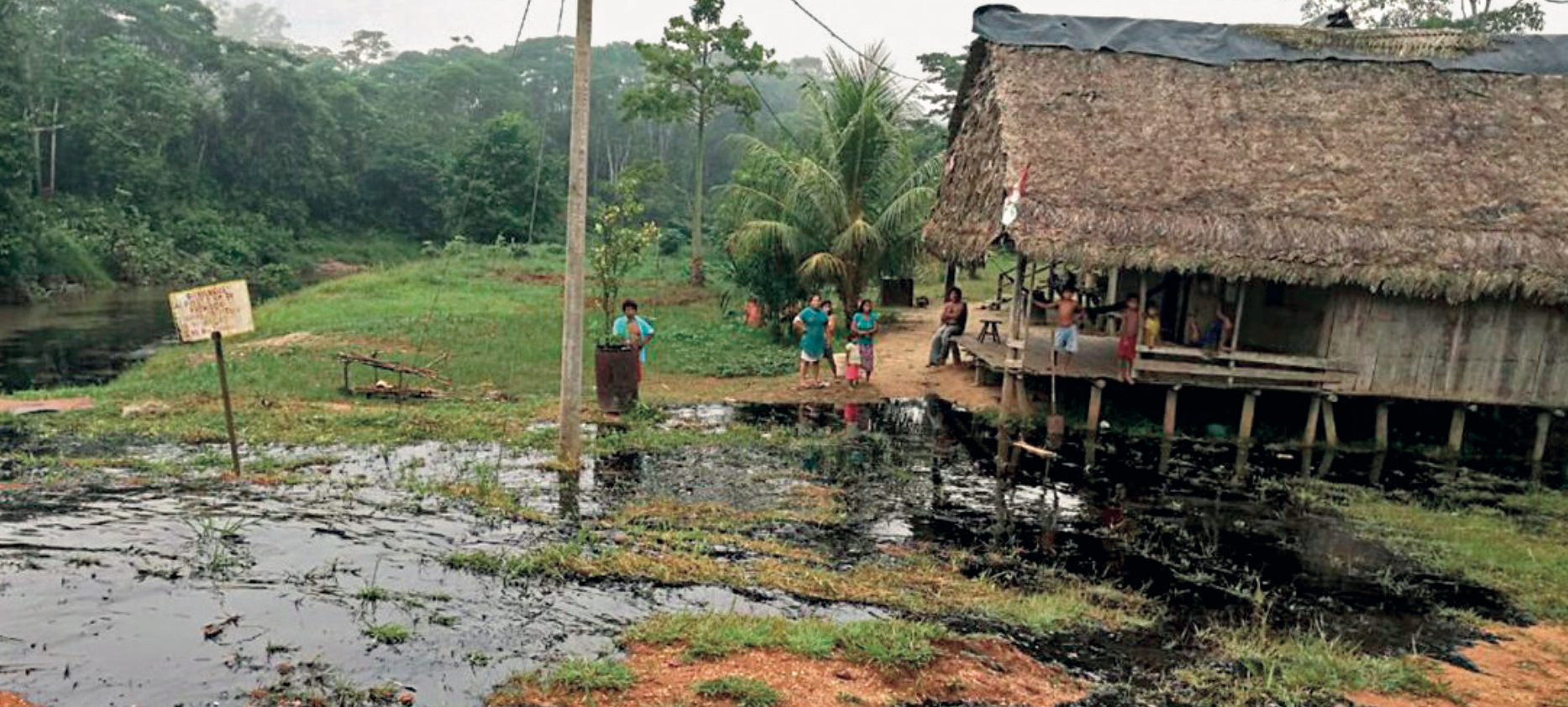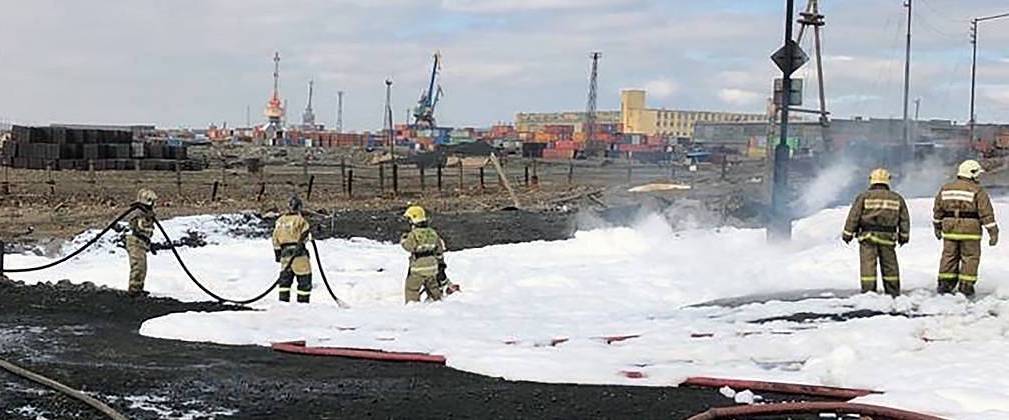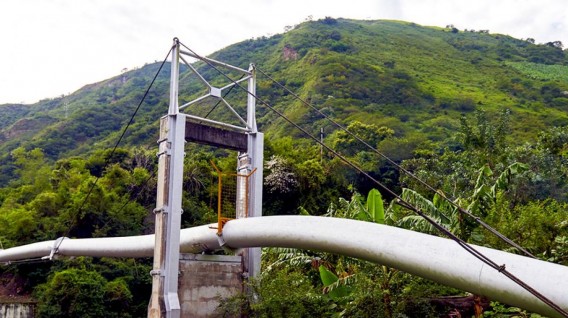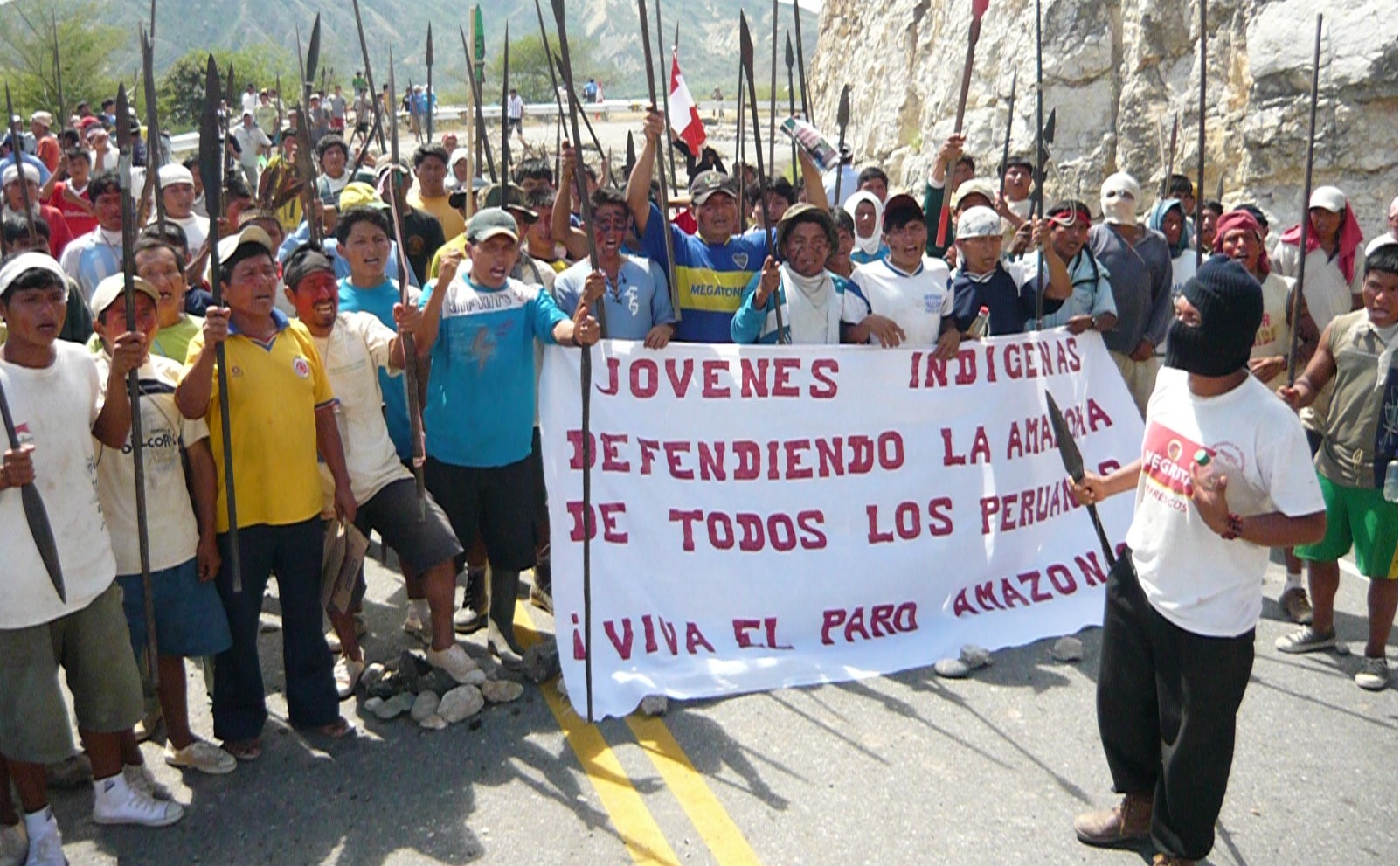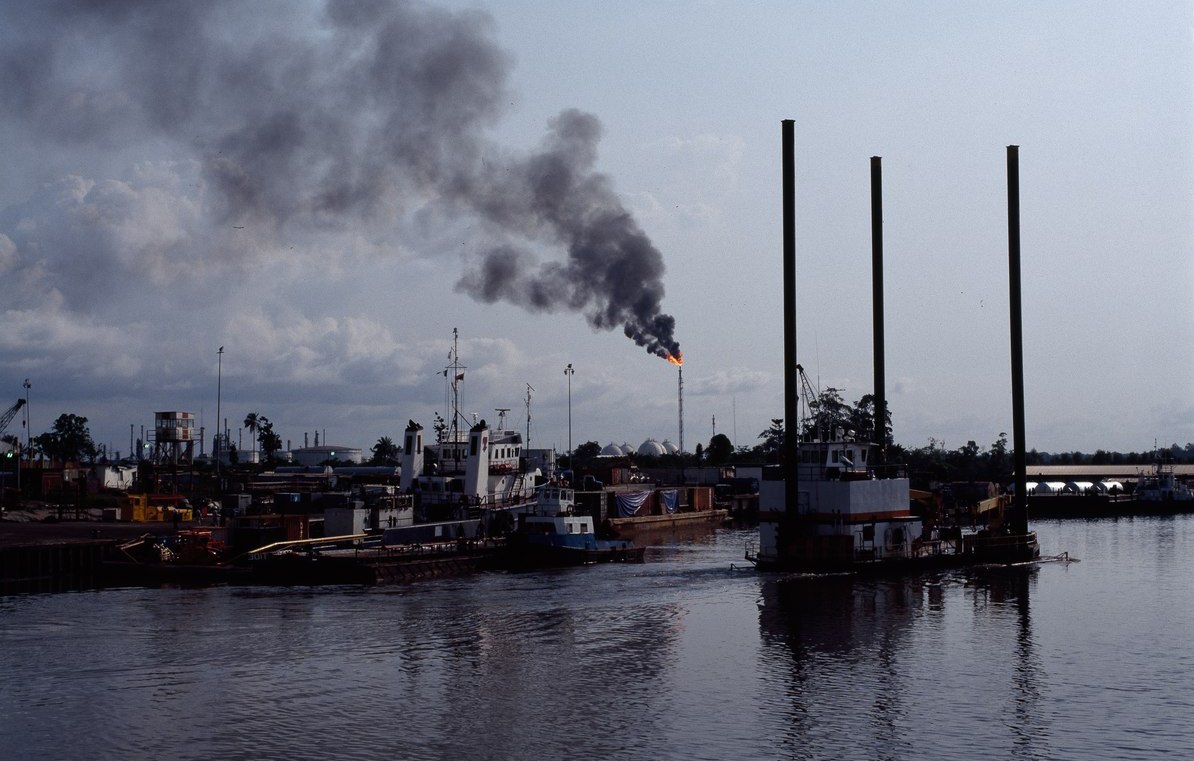
UK court approves Nigerian suit against Shell Oil
The Supreme Court of the United Kingdom allowed a case filed by 42,335 Nigerian claimants against Shell Oil and a Nigerian subsidiary to proceed in the UK courts. The claimants first sued Shell and its subsidiary in 2015 over leaks from pipelines in the Niger Delta that resulted in the destruction of farmland, the death of fish stocks, and poisoned drinking water. They argued that the oil spills occurred due to the negligence of the subsidiary company responsible for operating the pipelines. They charged that Shell’s parent company owed them a “common law duty of care,” since it exercised significant control over the operations of the Nigerian subsidiary. (Photo: Wikimedia Commons)




